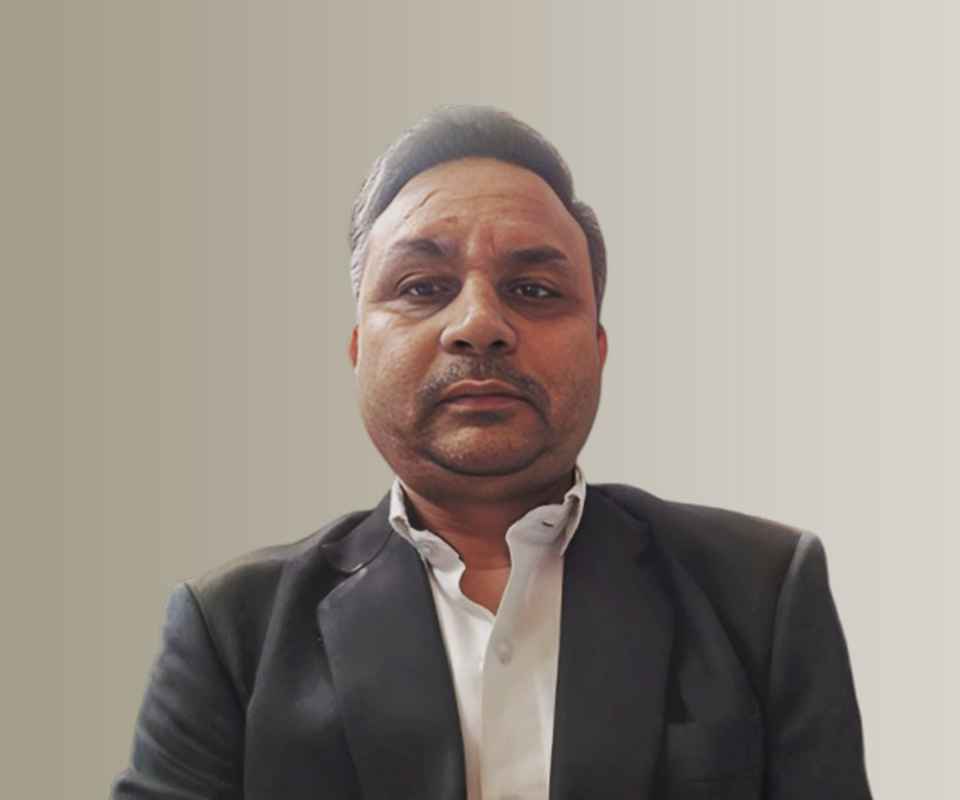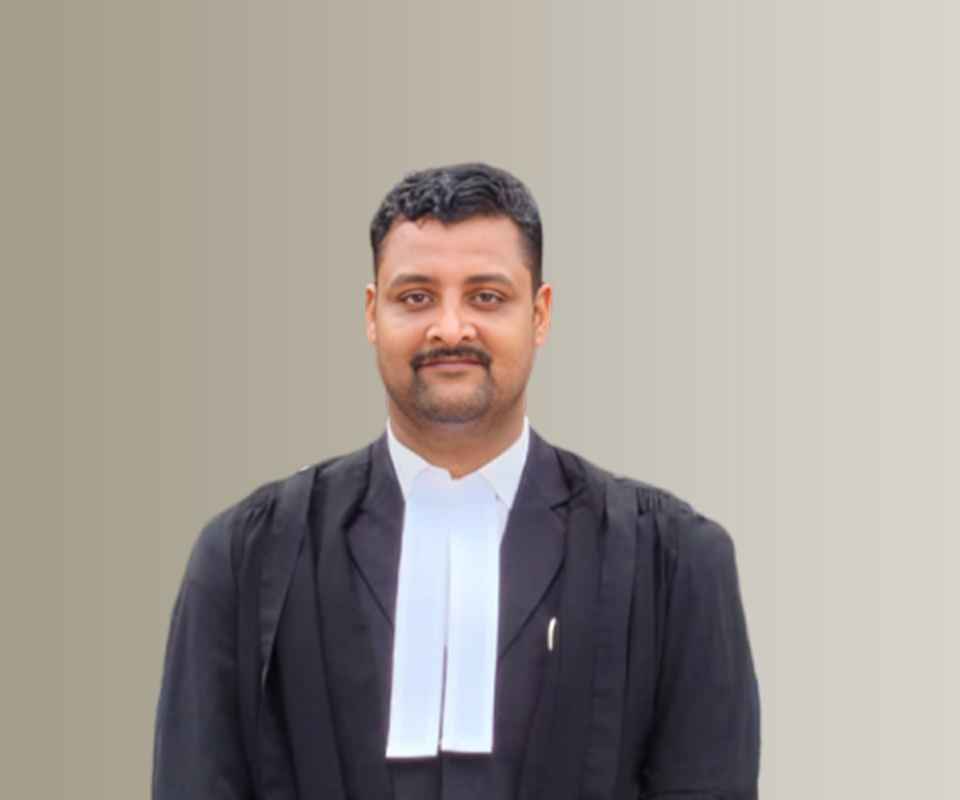Answer By law4u team
In criminal cases involving family members, such as elder abuse or domestic violence, an elder may face a complex dilemma when asked to testify against a relative. Legal provisions, including privileges and protections, may allow the elder to refuse to testify in certain circumstances. These legal rights aim to balance the elder's safety, emotional well-being, and the interests of justice. However, the ability to refuse to testify is not absolute, and various factors, including the nature of the crime and the jurisdiction, play a role in determining whether a refusal is permissible.
Can an Elder Refuse to Testify?
Spousal Privilege
In some jurisdictions, there is a legal concept known as spousal privilege, which allows a spouse to refuse to testify against their partner. However, this privilege typically applies only to married individuals, and it may not extend to other family members. While an elder may refuse to testify against a spouse in some cases, it does not automatically apply to other relatives, like adult children or siblings.
Family or Domestic Privilege
Certain jurisdictions recognize family privilege, which can sometimes protect an elder from being compelled to testify against family members. This privilege may be applied in cases where the testimony would involve sensitive family dynamics, but it is not universally recognized and can vary from state to state. In some cases, the court may decide that the need for the testimony outweighs the privilege.
Victim's Right to Refuse Testifying
In cases of elder abuse or domestic violence, the victim (the elder) may have the right to refuse to testify. Some laws specifically allow victims of abuse to refuse to testify in criminal cases involving their abuser. The legal system often acknowledges the trauma and vulnerability of elderly victims and may not force them to provide testimony that could further harm their mental or physical well-being.
Subpoena and Compulsion
If the elder is subpoenaed to testify in a criminal case, they may be legally obligated to comply, unless they have a valid legal reason for refusal, such as invoking a privilege or claiming emotional distress. A subpoena is a court order, and failure to comply can result in legal consequences, including contempt of court. However, there are legal processes available to challenge a subpoena.
Coerced or Compelled Testimony
An elder cannot generally be forced to testify if they are mentally incapacitated or coerced into doing so. If an elder is mentally incompetent due to cognitive decline or illness, such as dementia, they may not be required to testify. In such cases, the court may appoint a guardian or legal representative to act on their behalf.
The Prosecutor's Discretion
In some situations, even if an elder refuses to testify, the prosecutor may proceed with the case without their testimony, particularly if there is other evidence available to prove the allegations. Prosecutors have the discretion to determine whether the victim's testimony is essential or if they can prove the case through other means, such as witness statements, physical evidence, or expert testimony.
Impact of Refusing to Testify on the Case
If an elder refuses to testify in a criminal case, it could affect the prosecution’s ability to prove their case, especially in situations where the elder’s testimony is crucial. However, courts generally try to protect the elder from undue stress, and alternative evidence may be used to support the allegations of abuse.
Legal Actions and Steps to Take if an Elder Wishes to Refuse Testifying
Consult an Attorney
If an elder wishes to refuse to testify, they should consult with an attorney who specializes in elder law or criminal law. The attorney can explain the specific rights and privileges that may apply, advise them on whether they can refuse, and represent their interests in court if necessary.
File a Motion to Quash the Subpoena
If an elder is subpoenaed to testify and wishes to refuse, they may file a motion to quash (invalidate) the subpoena. This motion would argue that the elder's testimony is unnecessary or harmful, and the court will decide whether to enforce the subpoena or excuse the elder from testifying.
Seek Protection from the Court
In cases of abuse, the elder may seek a protective order or other legal safeguards to prevent having to testify in a manner that would harm them. Courts may take steps to limit the elder's involvement in the trial, such as allowing them to testify via video conference or shielding them from direct contact with the alleged abuser.
Alternative Evidence
If the elder refuses to testify, the prosecution may rely on other forms of evidence, such as physical evidence of abuse, medical records, or the testimony of other witnesses who can corroborate the elder's claims of mistreatment.
Consider Restorative Justice
In some jurisdictions, restorative justice programs may allow the elder and the accused family member to participate in mediation or reconciliation, which may help resolve the issue outside of the formal court process. This approach may offer emotional support and a non-confrontational avenue for addressing the family dynamics.
Example
Scenario:
An elderly man, Mr. Thompson, is living with his adult daughter, who has been accused of financial exploitation and emotional abuse. The prosecution wishes to call Mr. Thompson as a witness in the case, but Mr. Thompson is emotionally distressed and unwilling to testify against his daughter. He fears the strain on his relationship with her and the emotional toll it may take.
Steps Mr. Thompson and his family should take:
Consult with an attorney:
Mr. Thompson consults a lawyer to discuss his legal rights and the possibility of invoking family privilege or victim rights to avoid testifying.
File a motion:
The lawyer files a motion to quash the subpoena, arguing that Mr. Thompson’s emotional well-being would be harmed by testifying.
Alternative evidence:
The prosecutor may decide to proceed with other evidence, such as bank records showing unusual withdrawals or testimony from healthcare professionals who observed signs of neglect.
Restorative justice:
Mr. Thompson, if appropriate, may also be offered the opportunity to participate in a restorative justice session where he can communicate his feelings about the abuse and explore healing options.
By taking these steps, Mr. Thompson can seek to avoid the emotional distress of testifying, while still ensuring that justice is pursued for the abuse he endured.







